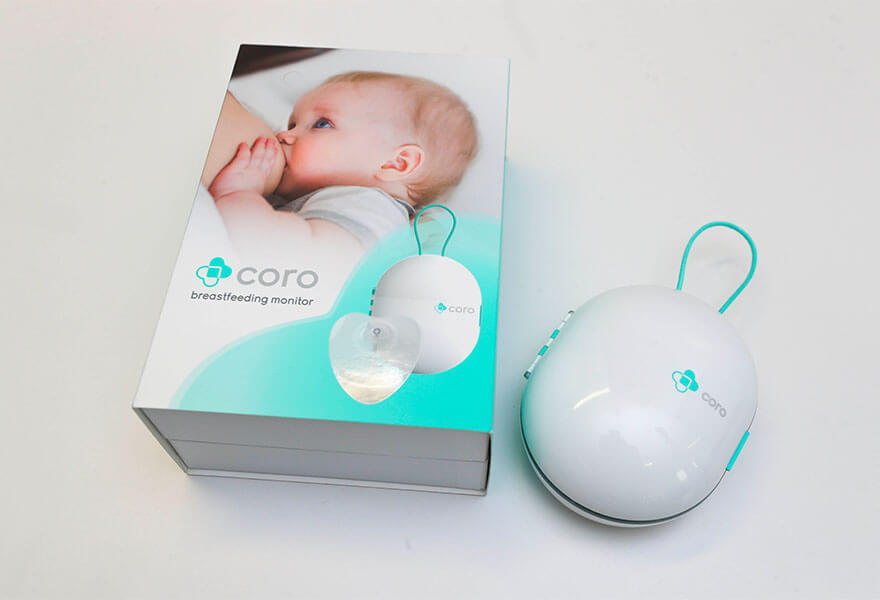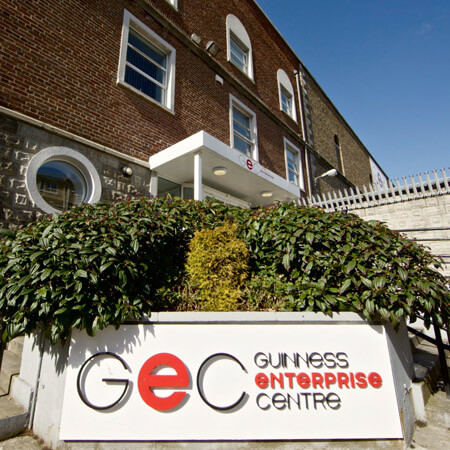Ireland is a leading player in the global medical technology industry. IDA Ireland reports that 14 of the world’s top 15 Medtech companies have bases here.
Dublin, the country’s capital city and economic powerhouse, is home to giants in the sector like Medtronic, ResMed, Abbott, Bayer, Stryker, Johnson & Johnson and many others.
With more than 40,000 people now working in the industry, Ireland is one of the largest employers of Medtech professionals in Europe. In fact, it is home to the most Medtech personnel per capita on the continent.
Why Medtech companies choose Dublin
All sorts of companies have a presence in Dublin. However, there are some perks that are particularly appealing to Medtech companies, startups and multinationals.
State supports
“We’re lucky in Ireland to not only have some exceptionally talented people, but also a supportive ecosystem with a range of supports,” says Sinéad Keogh, director of the Irish Medtech Association.
These supports include research centres funded by Science Foundation Ireland, the state organisation that supports basic and applied research, and Enterprise Ireland, which funds startups and scaleups.
Meanwhile, the Ireland Strategic Investment Fund helps fund larger companies so that they can scale internationally.
An ever-growing talent pool
Other organisations, including the Irish Medtech Association, address growing demands for skills through initiatives such as the Irish MedTech Skillnet. This funds training programmes, courses and online events.
Three universities – Trinity College, UCD and DCU – and the Royal College of Surgeons all have medical schools with associated teaching hospitals and startup accelerator and incubator programmes.

An ideal location
Another critical advantage of Dublin’s Medtech scene is its geographic location. IDA Ireland’s Medtech department manager, Rachel Shelly, notes: “Ireland is a gateway to the world’s second-biggest Medtech market – Europe, which is worth €115 billion.”
A proven track record
Dublin is also a critical part of the global supply chain network for major multinational Medtech companies.
“In an ever-changing global environment,” says Shelly. “Ireland’s stability, proven track record, access to talent and rich Medtech ecosystem means we are a key destination for global and growing Medtech companies.”
Medtech is a major force within Dublin’s life sciences sector and this is unlikely to change any time soon thanks to its reputation.
Startup and development opportunities
Dublin’s vibrant Medtech hub is characterised by intense R&D activity and disruptive startups.
In fact, 50% of medtech companies based in Ireland have dedicated R&D facilities. Thanks to generous tax incentives, as well as innovative accelerators, supports and intellectual property rules, these companies can achieve both progress and profits with their R&D activities.
TechIreland, a website that tracks Irish innovation, counts more than 180 indigenous Medtech startups and scaleups in Dublin. That’s around half of all the businesses operating in this sector on the island as a whole.
In 2018 alone, 53 Dublin Medtech startups raised an impressive €312 million in funding. To put this into context, health companies raised €20 million in Wales and €70 million in Scotland in the same period. For a city of less than 1.5 million people, Dublin is certainly punching above its weight.
And funding is likely to have increased as a result of the Covid-19 pandemic. In 2020, four of the country’s ten most-funded businesses were Dublin-based Medtech companies.
Five of Dublin’s best Medtech companies
The city’s Medtech sector includes businesses specialising in a wide range of products – from genomics to patient engagement software. However, TechIreland highlights five companies worthy of special mention. Each one pushes the envelope in their use of various technologies.
Nuritas is the first company in the world to demonstrate that Artificial Intelligence can accelerate the discovery of healthcare products from concept to market in less than three years.
Similarly, ground-breaking work is being carried-out by Genomics Medical Ireland. The company is conducting large-scale research to examine the relationship between genetics, health and disease. Back in 2016, it received €36 million in funding from the state-backed Ireland Strategic Investment Fund.
Meanwhile, by using the Internet of Things and wearable tech, Coroflo has built “the only accurate breastfeeding monitor”. And Augmented Reality is the key to 3D4Medical’s award-winning 3D anatomy platform, which was recently acquired by Elsevier.
Finally, LetsGetChecked sells self-test diagnostic kits and the company is scaling rapidly. It announced 120 new jobs in 2019, received €65.4 million of funding in 2020 and landed the top spot on Deloitte’s Technology Fast 50 awards in 2021.
These are just some of Dublin’s Medtech success stories that are impacting millions of lives across the world. Helping people enjoy better health through tech is what Dublin’s Medtech scene is all about.
Find out more about why Dublin is a city worth investing in.




